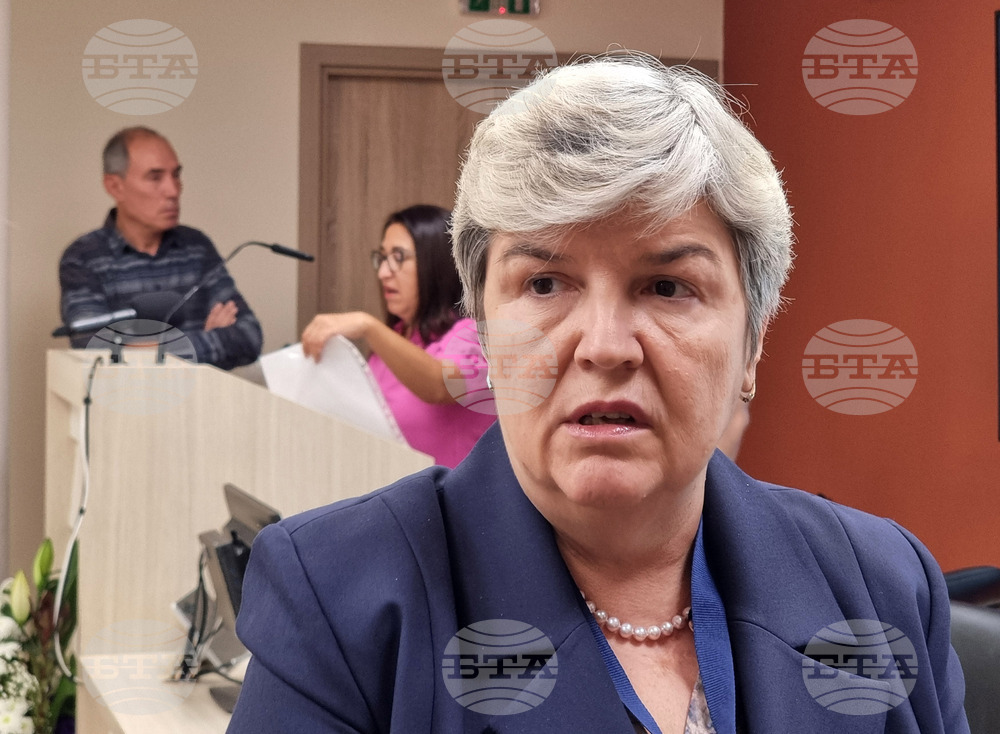site.btaVarna Medical University Develops Scientific Activity in Four Major Areas


A project worth BGN 28 million allows the Varna Medical University to develop scientific activity in four areas, said Prof. Diana Ivanova, head of the project, here on Thursday.
Ivanova added that the project is implemented under the National Recovery and Resilience Plan and that it will continue until the middle of 2026. Among its main goals are to increase the capacity of university scientists, to give more chances to young researchers, to expand international cooperation and to attract leading specialists from abroad and from Bulgaria.
The priority areas of the project, as voted by the Academic Council, will be Food and Nutrition, Neurosciences, Oncology and Rare Diseases, Regenerative Medicine and Implantology. Ivanova said that the project's framework includes plans to provide modern equipment, some of which is already starting to arrive at the Varna Medical University. The specific goals scientists are expected to work on include dietary regimes, the creation of new nutritional supplements, the creation of implants and the cultivation of stem cells. Emphasis will also be on new approaches to the early diagnosis of oncological diseases, as well as innovations in imaging of these diseases.
University Vice-Rector Prof. Violeta Yotova explained that with the implementation of the large-scale project it is expected that scientists in Varna will present both new products and innovative translational solutions in various fields, and that the achievements will be patented and become a Bulgarian contribution to European science.
Yotova added that a new major European scientific programme to combat rare diseases is expected to be launched in December 2024. The financing provided by the European Union will be EUR 380 million and Bulgaria can benefit from it, especially in the line of expert centres for rare diseases, she pointed out. She noted that out of the 30 such units in Bulgaria only six are internationally recognized and are members of European reference networks.
Regarding the fight against rare diseases, Yotova said that changes are needed in the legislation, stressing that the current regulation is from 2014. Innovations have been halted in the past five years, Yotova pointed out. She also emphasized that the registration of rare diseases in Bulgaria must be changed and aligned with European standards.
/MY/
news.modal.header
news.modal.text